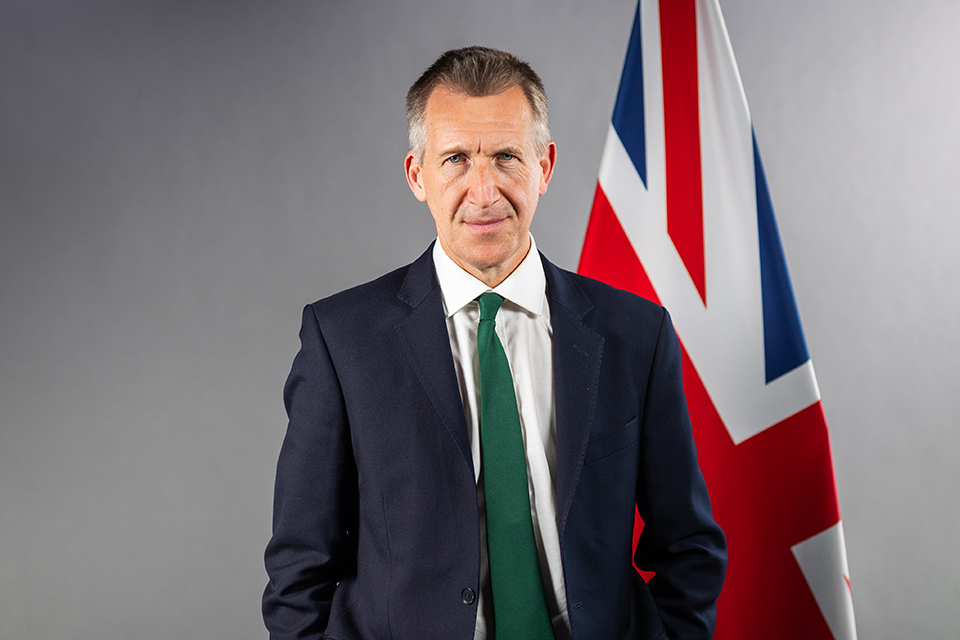 Llion Wright-Evans
Llion Wright-EvansOn Wednesday, the Scottish Budget will reveal the spending decisions which will affect how much tax Scots pay for the next financial year.
Levels will be set for Scotland’s unique income tax system and we will learn how much the Scottish government will choose to spend on services like the NHS, schools and transport.
News Scotland has been speaking to people with a range of incomes about what they want from the Budget and, in some cases, how they fear they could be impacted.
If there are issues you would like to see covered, you can get in touch via Your Voice, Your News.

Llion Wright-Evans, 24 is a student nurse working in one of Glasgow’s biggest hospitals.
Leaving a full-time job working as a team leader in a care home was a big step for him – from £15 an hour to living on a £770 per month bursary. At the end of his training his starting salary in nursing will be £16.50 an hour.
He believes he has a vital role within the struggling NHS and hopes to see investment from the Scottish government.
“What they announce affects my career. It impacts my decisions on everything.
“Will I be able to have a break and treat myself, or be afford to eat next week? A big increase in funding would be good because the answer is more people.
“I am lucky as a student I can spend time with patients but the actual nurses are going through hardships. I see valuable staff leaving.”
Llion lives with his partner and considers himself lucky.
“We split everything 50-50 and even then I am sometimes living month-to-month. I sometimes borrow money from my mum. Lots of my cohort live by themselves so it’s worse for them.”
Llion tops up his bursary with shifts at the care home. He can earn anything between £400 and £1,400 a month but has to fit this around his nursing placements. He has to complete 2,300 hours of training on the wards.
He would also like to see more progressive taxation.
“Those that earn more and have more income should be taxed more. There is more to be done even though Scotland is the most progressive in the UK.”
‘My income is £28,000 and I worry for others who won’t get the winter fuel payment’
Reverend Derek Gunn from Falkirk tops up his pension with stints as a part-time minister.
His income sits not far above the threshold for pension credit, which means this year he will not receive the winter fuel allowance.

He is glad to see the Scottish government’s plans to mitigate the loss of the allowance from next year – but fears it is still causing concern to older citizens.
He thinks himself lucky that he is “not seriously at risk” from the cut to his income, but worries for others.
“Through my work, I see a lot of others who are really worried about that loss of money.
“I see a lot of distress over this. People had that benefit for a number of years and relied on it.”
“It’s not a reliance for me, but it is a considerable help and gave us a bit more freedom with using the heating, especially at Christmas when family visits.
“I am now thinking about how much we will miss that money when I do give up my part-time work.
“It’s not far away.”
Derek is also concerned about food prices.
“Things are increasing in every area – if the price stays the same the size goes down.
“We prepare all our own food as it’s cheaper than ready meals but it is becoming more and more expensive. A weekly shop is about £15 a week more than a year ago.”
‘Rates have doubled to £40,000 – there’s only so much you can charge for a bowl of pasta’
Domenico Crolla is the third generation of Crollas to run Oro restaurant in Glasgow’s Shawlands area.
He has worked there for 25 years and has never had to put his prices up as much as he has in the past five years.

“The more my costs go up, the more I have to pass this on to customers.
“Businesses who are scared to put their prices up will – and have – gone out of business.”
He says he used to put prices up every one or two years, and then only charge more for a few items. Now it is twice a year.
And he knows there is a limit to the burden put onto the customer.
“You can only charge so much for a bowl of pasta. A carbonara was about £8-£9, then it went up to £12, now it’s up to £17 for a carbonara.
“It’s ridiculous – and we are making less profit now than when it was £8.”
He feels that both governments are charging the industry with “stealth taxes” – money taken at every step of the operation.
“When I need to pay staff more, they take extra tax from them. When I pay staff more I have to charge the customer more, then more tax and VAT goes to the government – we are no better off than we were before.”
He would like to see the Scottish government pass on the Barnett consequentials cash from small business rates relief in England, something ministers have not yet done.
“Anything they could do would help. Our business rates are going up and have literally doubled over the past five years to £30-£40,000 a year.”
‘I had more expendable income as a student’
Elise Prentice from Glasgow, who uses they and them as pronouns, works as a creative assistant in a sustainable textiles charity. They are also a freelance artist. Their income is dependant on hours and work they get each month but it averages about £10,000 a year.

They work between 4-12 hours a week at the charity but said their job security depends on if the charity gets enough funding in the new financial year.
Elise could be out of a job in May.
Elise was in a better financial situation as a student, living independently compared with now, two degrees later.
Scottish students are eligible for loans while studying and Elise says this made them feel like they had more money.
Elise says: “I was getting about £900 for free as well as working part-time. I had so much expendable income and now I have none.”
“It’s good that the Scottish government has help for students when they’re at university, but when you leave, you’re left to the big bad world and there’s not that many opportunities.”
They had to move home after finishing their master’s degree in dress and textile histories.
Elise says that as a working-class creative, cuts in the industry mean there are fewer opportunities to succeed.
From Wednesday’s budget announcement, they are looking for the creative funding cuts to stop and more to be done to help working class creatives.
“Trying to close the gap between the working class and people who have more of an upper hand would be a big help to me and other people in the same boat.”
‘Even on a good income, I worry about bills’

Farah is a retired academic (due to a hearing disability). She works three days a week as a charity administrator to supplement her work pension.
In the rest of the time she is a writer, working from home, which pushes her fuel bill up.
“Even with a good income, fuel is a major worry,” she says. “On paper we are very comfortably off. In practice we’ve been a little worse off every year for around a decade.
“Some of this is because there has been a steady shift under the Conservatives of pushing costs on to individuals. Cuts to council services means things like paying for rubbish removal that once would have been something the council did. All small things but they add up.”
After downsizing, her fuel and travel costs soared. She worries about younger people who have been priced out of living in cities and have to commute.
“Often the money saved on rent or mortgage by living in a cheaper area is undermined by commuting costs.
“I want to see a determined redistribution of wealth from the wealthy – and comfortably off, like us – to the worse off and the poor.
“I don’t mind paying 40% over the £42k level, but someone earning in the six figures should be paying more.
She wants her tax money invested in local services, from roads to schools to hospitals.



